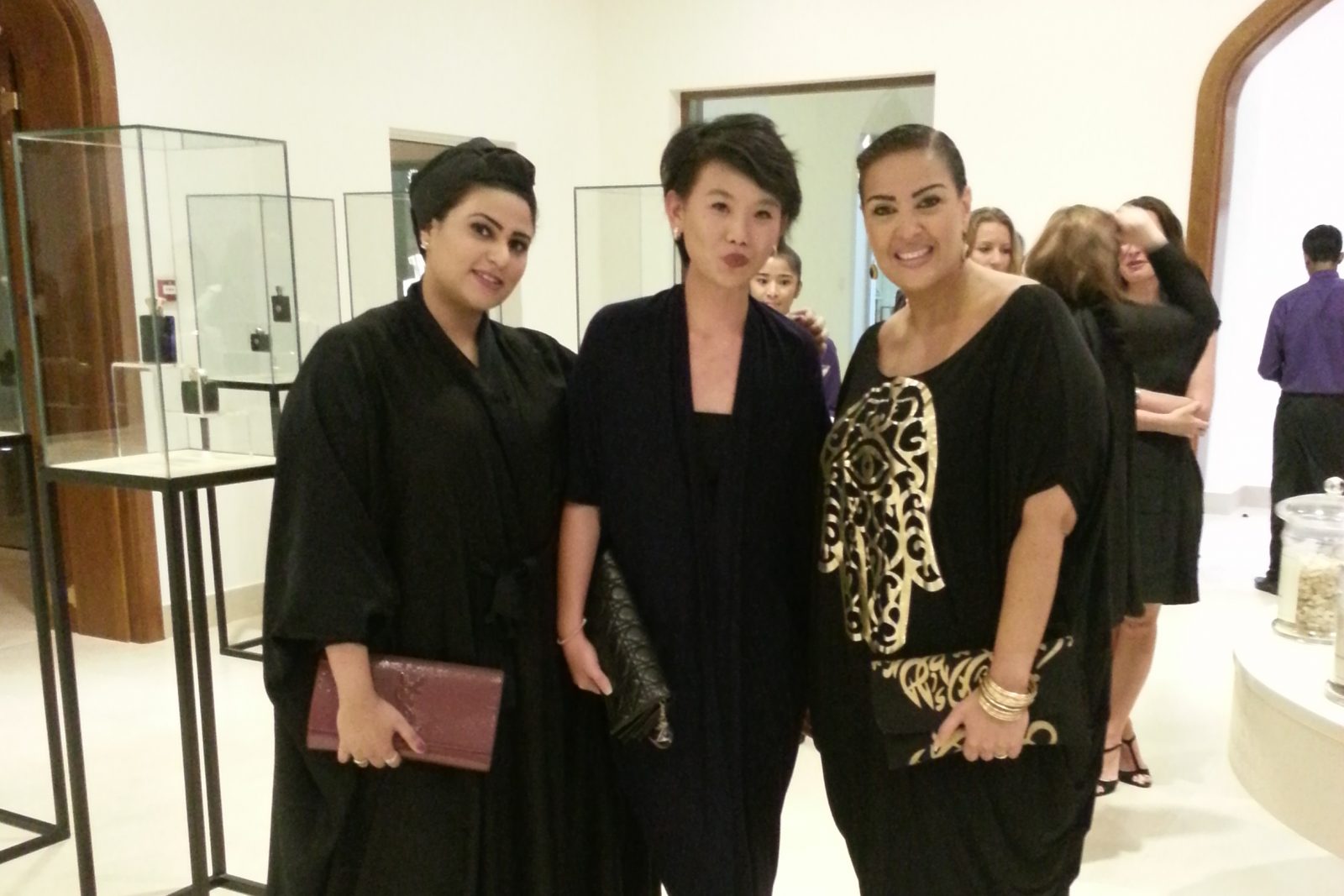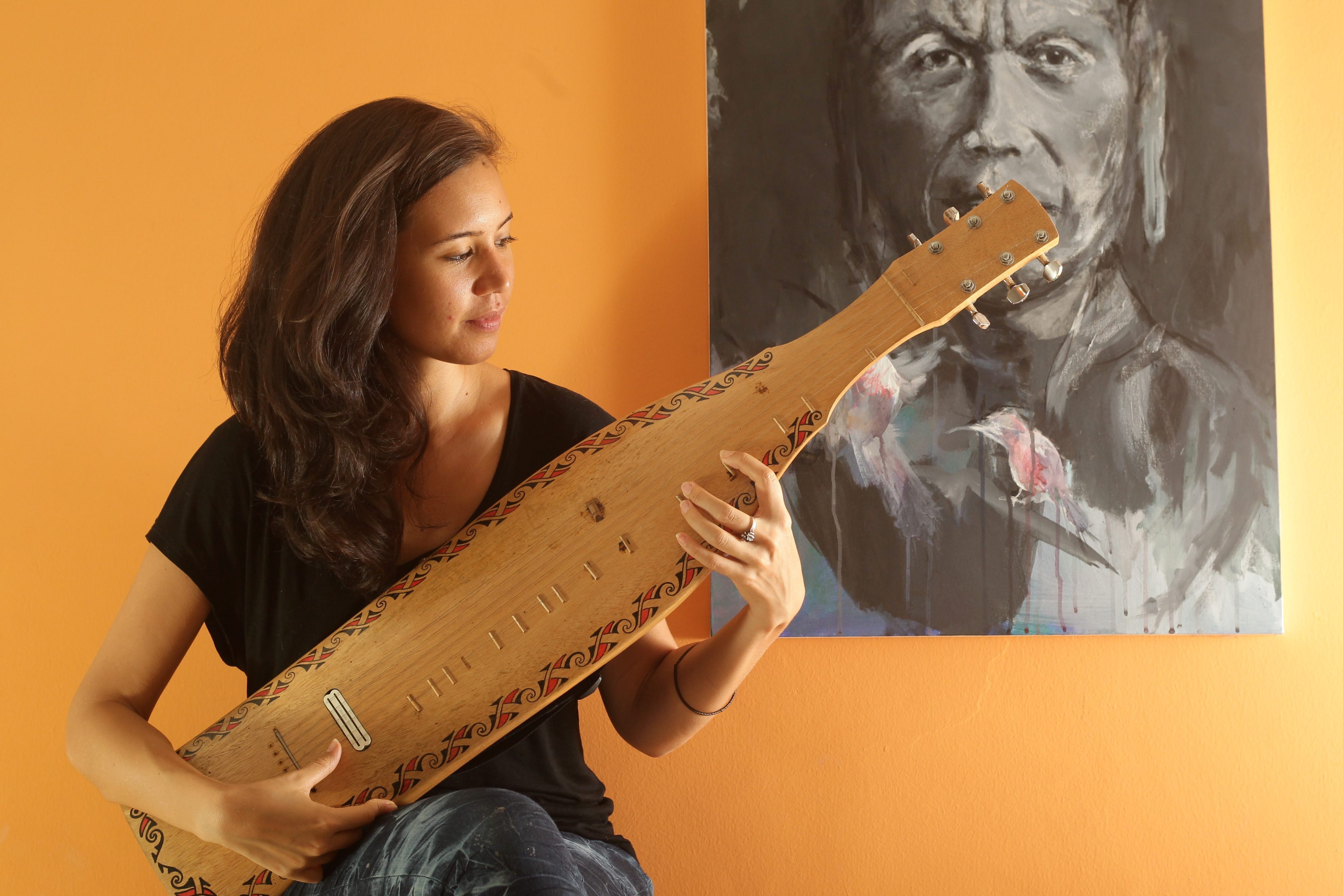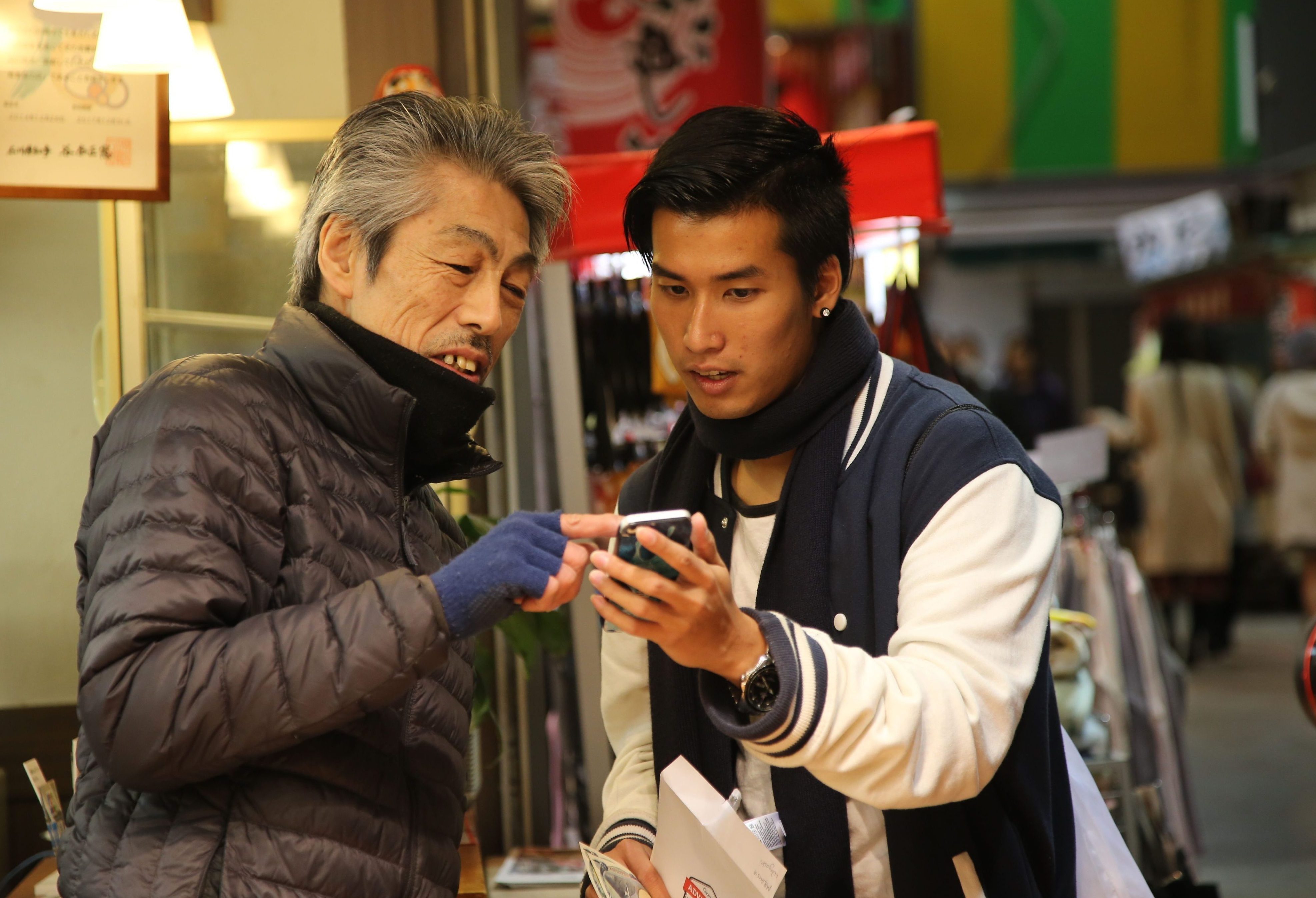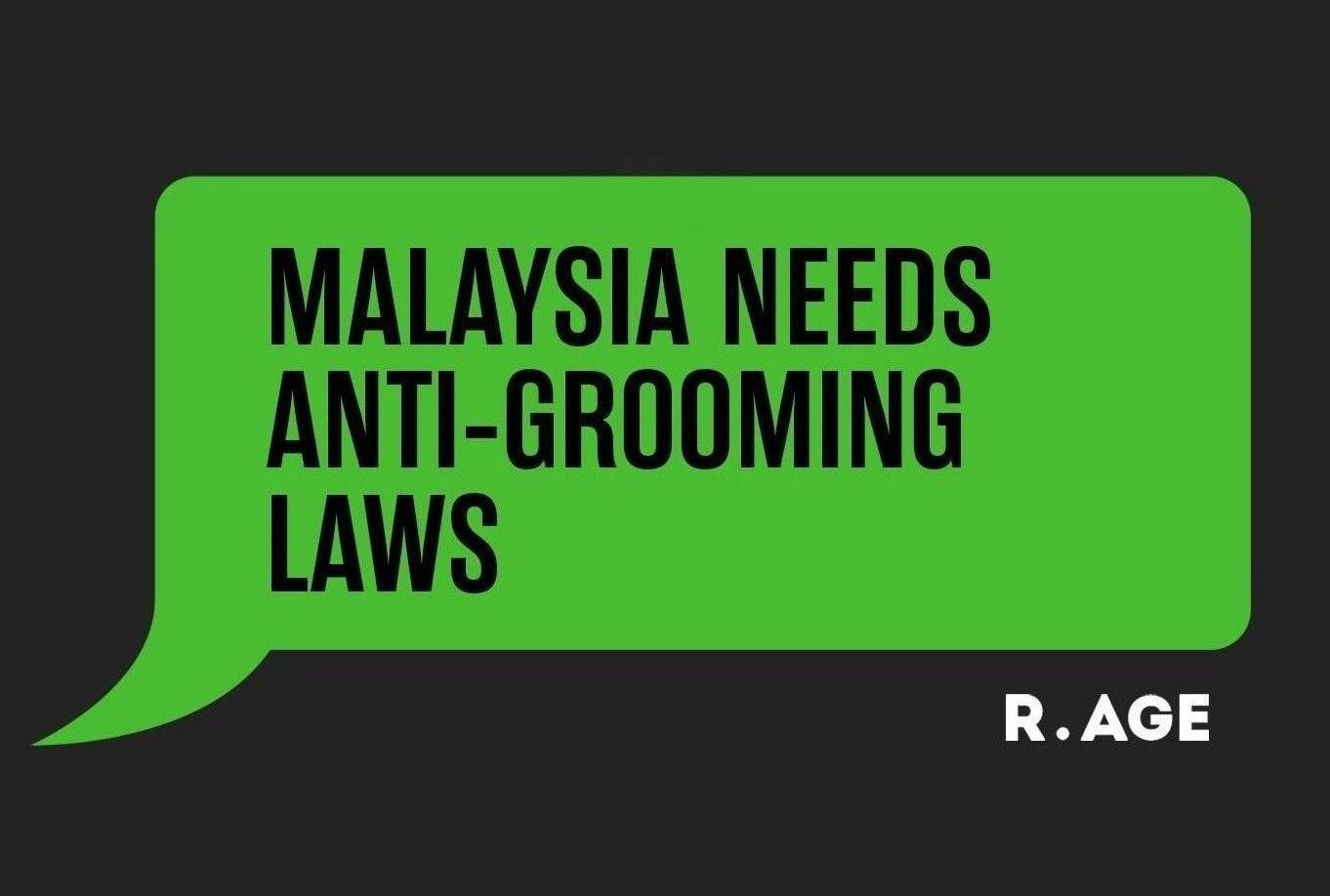By CARLOS RUBEN DOURADO and CHOO XIN ER
brats@thestar.com.my
SELF-confessed “quiet BRAT” Debrina Aliyah is now living the glamorous high life as a fashion editor for T Qatar.
And, she said, it all started from BRATs. She credits the young journalist workshop as the first step towards who she is today.
Based in Milan, she may be far from home, but BRATs is still close to her heart!
Here, she shares the 16-year journey that has taken her from BRATs Langkawi 2001 to one of the fashion capitals of the world.

Throughout her career, Debrina (middle) has not only been lucky enough to meet fashion personalities, but has had the chance to work with local Arab women who are standing up against prevailing stereotypes in Middle Eastern countries. — Handout
Why did you apply for the BRATs Camp?
The thought of being able to spend four days away from home, be part of cool assignments and have your stories published in The Star was (and still is) really exhilarating.
To 16 year-old me, it seemed like a very cool thing to do, because not many people my age had been involved in BRATs. I definitely don’t regret applying!
What are the most important values BRATs instilled in you?
The camp, and being mentored by the programme’s founder, Tan Ju Eng, whom I respect greatly, gave me an opportunity to express myself while at the same time learn how to interact with my surroundings.
I became observant about what’s happening around me, and learnt that being open and looking beyond the obvious is crucial to adapting to different environments.
What’s the best part about being a fashion editor?
The role has allowed me to combine journalism with an eye for fashion.
I always wanted to be able to critically evaluate the aesthetics of collections and designers beyond just the presumed “glamorous” perspective of fashion.
It has definitely been quite overwhelming, as every creation has a specific form and function and it’s always nice to be able to understand that from the viewpoint of the designers.
What sort of challenges have you faced as a fashion editor?
First of all, I can say that this industry is not like any 9-to-5 job. You’re required to be on your feet at all times, and be ready to chase information at the drop of a hat.
Another struggle is the ability to stay interested in something for a long time, which does have its stressful moments.
But I love what I do because it has opened many doors for me.
For instance, I’ve attended events such as London and Milan Fashion Week and I’ve met personalities like Brazilian beauty and fashion entrepreneur Cristiana Arcangeli, and designers like Philipp Plein and Alice Temperley, to name a few.
If you could name a memorable project you’ve worked on, what would it be?
T Qatar was a media partner for a cultural exchange between Britain and Qatar in 2013. We assisted in developing and telling the stories of fashion, both historical and contemporary, between the two countries.
It was a very rewarding project because we worked with Arab women who were defying stereotypes of oppression in Middle Eastern countries.
To me, that’s something worth commemorating because you’re able to propagate a message to the world to change the way women in those countries are viewed, especially by their male counterparts.
Has BRATs contributed to your career?
Thanks to this wonderful programme, I’ve been able to work in different settings and with different people, which has really helped my in my current job.
Being in the fashion industry, we deal with many people and agencies on a daily basis, so the skills I learnt from BRATs, especially on how to approach strangers, have really come in handy – more so because I acquired these skills when I was in my teenage years, allowing me to relate to people easily.
How can the BRATs programme play a role in shaping responsible, young people?
By throwing them into situations where they need to approach complete strangers and ask questions, it allows one to be curious and open-minded.
I think that’s a skill everyone needs, whether or not you’re in a field related to journalism or media. It’s through asking questions that you can gain the necessary knowledge which will expose you to topics you’d not normally broach.





Tell us what you think!